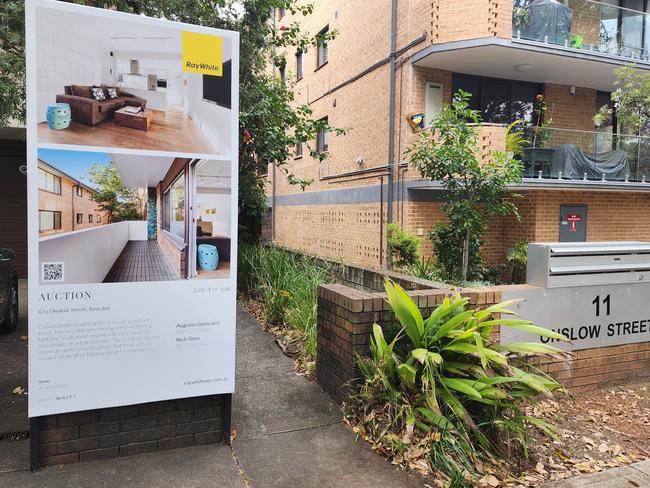Left-field idea to help struggling families keep their homes
More and more Aussie households will struggle to make mortgage payments on the back of the latest rate rise. But a new initiative could provide a way to stop that.
Property
Don't miss out on the headlines from Property. Followed categories will be added to My News.
Home loan borrowers are not falling into trouble as they have historically, ANZ chief executive Shayne Elliott noted this week.
But troublingly it was because getting home loan credit was “slowly becoming the preserve of the rich”.
Elliott, who was the last of the four major bank bosses to report their annual results, said home borrowers had “so far proven resilient, with a relatively low level of delinquencies despite the current interest rate tightening cycle”.
“That said, we know circumstances can change quickly,” he noted.
Elliott suggested the average income of borrowers was materially higher than the average citizen and the gap was growing. “If you want a loan you have to be better off, or essentially, be rich,” Elliott told the financial press.

The combination of lending regulations and bank conservatism is creating a situation that has major social and political consequences.
The average mortgage sits at $598,000, according to the latest Australian Bureau of Statistics data, up $250,000 over the past decade. It requires monthly repayments of $4150 after the RBA’s 13th interest rate hike to 4.35 per cent.
Although repayments were $2570 before the initial April rate rise last year, Elliott added that there had been no mortgage cliff.
But mortgage delinquencies are on the rise.
Stressed exposures as a percentage of rival Westpac’s total loans have increased to 1.26 per cent, up from 1.07 per cent a year earlier. NAB reported only 151 properties were in possession in its $338bn mortgage book.
CBA, the nation’s biggest lender which was privatised in the early 1990s, noted repayments past 90 days due rose slightly, but were below long-term averages and pre-pandemic levels “but these figures will rise”, CBA’s Matt Comyn said.
Another significantly different historical occurrence is the seeming desire by the banks to avoid public mortgagee sales that were aplenty in the last big recession in the early 1990s.
I suspect it is partly because the bank bosses don’t want to be dragged before a parliamentary committee and be berated for throwing families onto the street.
Other than applying this pressure, our politicians have yet to become innovative in seeking practical solutions for needy home borrowers. They may well have to since, with record household income going to pay mortgages, it’s likely to mean challenges in 2024 for the overall economy.
Interestingly struggling homeowners in Wales can get shared equity loans that are interest and repayment-free for the first five years under a new scheme by the Welsh government which aims to help avoid homelessness.
Help to Stay Wales Scheme loans involve low-cost equity loans, secured by a second mortgage from the Development Bank of Wales, which is government owned.





